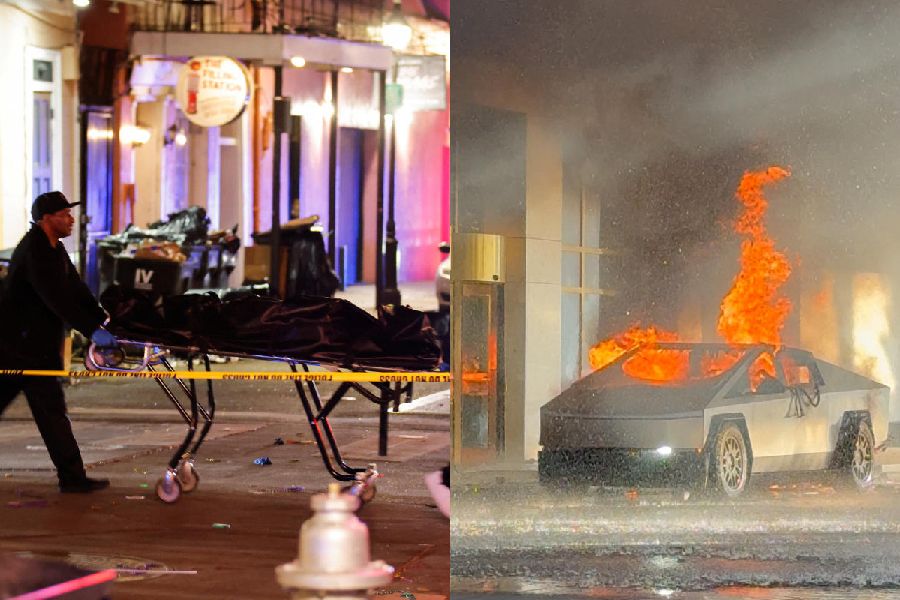Israel’s military warned in a statement Friday that residents of the northern Gaza Strip should relocate to the southern half of the territory within 24 hours.
The United Nations said that such an evacuation would entail moving more than 1 million people and lead to “devastating humanitarian consequences.”
A U.N. spokesperson, Stéphane Dujarric, said it has “strongly appealed” for the order to be rescinded to avoid making “what is already a tragedy into a calamitous situation.”
“The same order applied to all U.N. staff and those sheltered in U.N. facilities — including schools, health centers and clinics,” Dujarric said.
The Israeli military said in its statement: “Civilians of Gaza City, evacuate south for your own safety and the safety of your families and distance yourself from Hamas terrorists who are using you as human shields.”
The U.N. Security Council is scheduled to hold an emergency meeting Friday afternoon in a closed consultation format. The Security Council has not issued a statement about the conflict between Israel and Hamas. A statement requires the approval of all 15 members, and there have been divisions on language that would condemn Hamas’ attack but not address Palestinian grievances and the siege of Gaza.
Israel has been pounding Gaza with strikes since Saturday when Hamas staged a devastating attack killing 1,200 Israelis and taking 150 civilians and soldiers hostage. Israeli officials have pledged to destroy Hamas.
Living conditions in Gaza have rapidly deteriorated after Israel placed the enclave under a complete blockade preventing food, fuel, fuel and any other humanitarian aid or essential goods from crossing into the strip. Gaza, with a population of more than 2 million people, was already facing a humanitarian crisis, but the U.N. now calls the situation “a disaster.”
Dujarric said displacement was quickly escalating in the enclave and that by Thursday more than 320,000 people had been displaced, with two-thirds of them sheltering at U.N. operated schools.
Gaza’s only power plant stopped generating electricity Wednesday for lack of fuel, shutting down everything, and much of the region lacks running water. Hospitals are overwhelmed with wounded patients and running out of vital supplies; fuel for generators and vehicles is dwindling rapidly; food and water are growing scarce; and it is not clear when humanitarian aid might be allowed in.
“We are facing a huge disaster,” Adnan Abu Hasna, an official with the U.N. agency that aids Palestinian refugees, said by phone from Gaza. He described conditions as “absolutely horrible.”
It was not clear how the U.N. could organize a massive population movement on such a short notice given many of the roads were damaged and impassable from Israeli airstrikes.
This article originally appeared in The New York Times.











